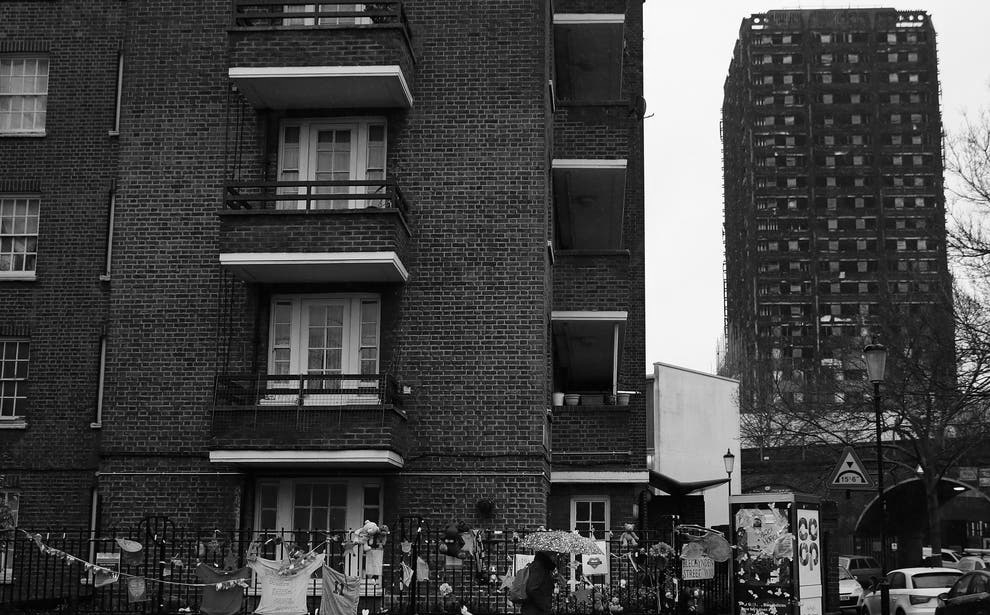Mental Health Impact

Grenfell Tower before the building was wrapped
Mental Health Impact
Seven years after the Grenfell Tower fire, the tragedy remains an unhealed wound in the heart of North Kensington. This disaster exposed not only the catastrophic failures in fire safety regulations but also the deep-seated systemic inequalities that continue to plague marginalised communities.
As The Royal Borough of Kensington and Chelsea (RBKC) undertakes a comprehensive consultation process to shape the next phase of support for those affected from 2024 to 2028, a glaring gap has emerged – the absence of a clear, long-term plan for providing specialised mental health support.
While the proposed model acknowledges the importance of mental health services, it falls short in outlining a comprehensive strategy for delivering trauma-informed care over an extended period. This oversight is particularly concerning given the overwhelming evidence of the psychological toll the tragedy has taken on the local community.
Studies have shown that the Grenfell Tower disaster impacted the mental health of around 11,000 people living in the surrounding North Kensington wards. Rates of post-traumatic stress disorder (PTSD), anxiety, depression, and other mental health issues spiked in the area, with children and young people being particularly vulnerable. The mental health toll extends far beyond the immediate survivors and bereaved families, affecting the broader North Kensington community grappling with collective trauma.
The consultation process aims to involve the community in shaping the future support model, but there is a troubling lack of clarity on how marginalised voices will be represented in the implementation and governance of these new services. Ensuring diverse perspectives are heard and incorporated into decision-making is crucial to fostering trust and addressing the unique needs of different groups within the affected community.
Free leisure memberships, short breaks away, and well-being grants may help in the short term, but a long-term strategy is needed to address the enduring mental health impact of this tragedy comprehensively.
“Free leisure memberships, short breaks away, and well-being grants may help in the short term, but a long-term strategy is needed to address the enduring mental health impact of this tragedy comprehensively.“
